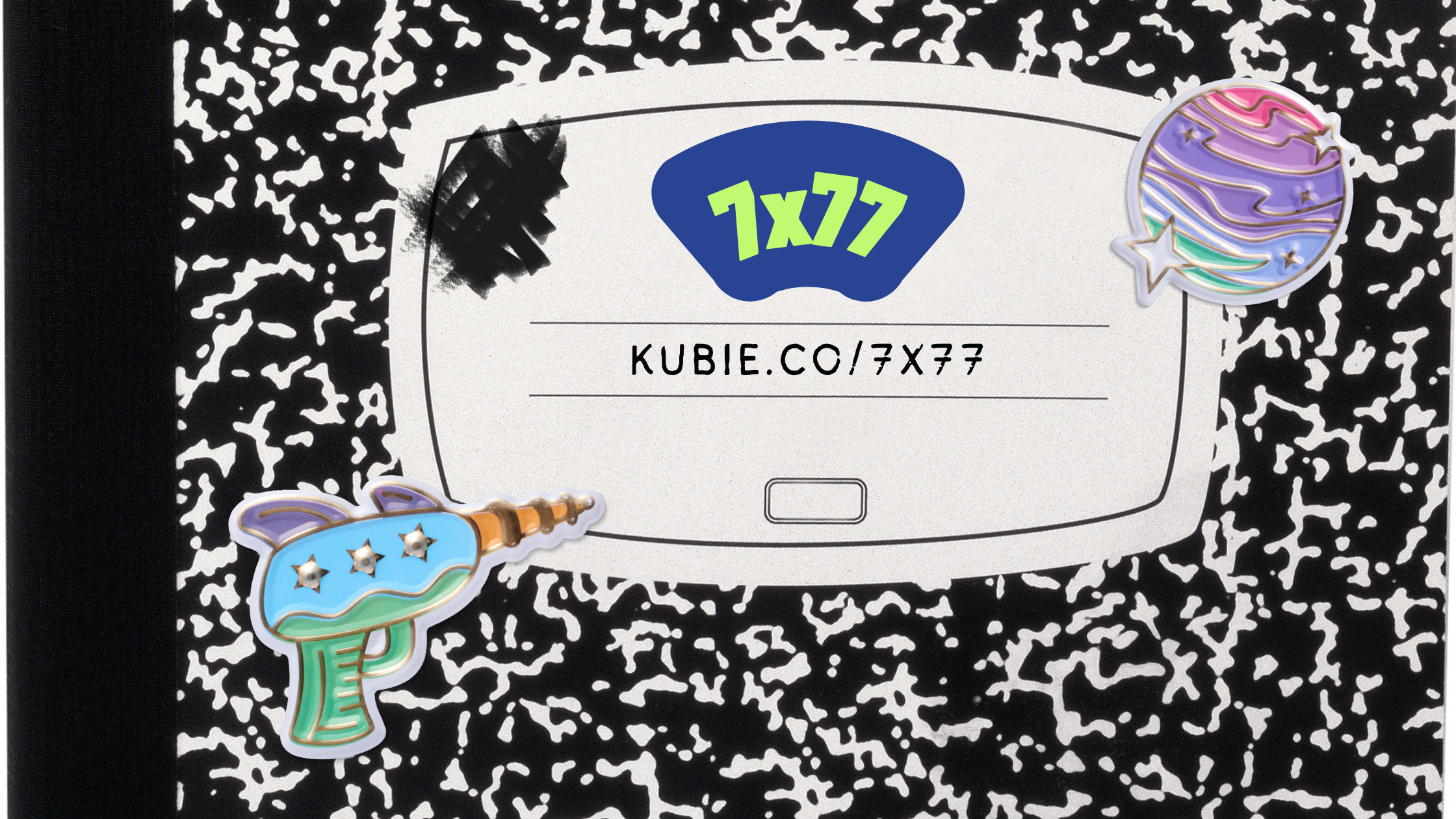1) With gratitude
It’s important that the gratitude be organic, not automatic. I cringe when automated emails and web forms instantly tell me “thank you for your feedback” before any human could have possibly read my message. (Even worse when they promise a prompt reply that never comes.)
Interpersonally, it’s hard to go wrong with “thank you” as an opener when responding to feedback. I try to remember that it can be just as scary/tense/awkward/difficult for someone to deliver feedback as it is for me to receive it.
2) With silence
There’s a ritual after theatre rehearsals called Notes. This is how my school did it, anyway. During Notes, you, the actor, had one job: listen. You did not respond to notes. You did not argue, nor explain, nor correct. You didn’t even agree. You listened, and you moved your pencil in your script to show that you were listening.
3) With curiosity
My friend Andrew designs board games and I’ve gotten to watch him playest several now over the years at prototyping conventions like Protospiel MN. His games are good because he works hard at them and is a good designer. His games get better because he responds to feedback with a curiosity that gets people to open up. A few phrases I noticed him using at the last event:
- Tell me more about that…
- Walk me through your thinking…
- How could that work?
4) With encouragement
Yes, and… is a useful phrase for a lot of reasons. I find it particularly helpful when my own work is being critiqued, as it puts me on the same side of the table as the other participants. Participating in the critique makes it clear that the work and I are separate, and that I’m as willing to critique it as anyone else.
5) With ambiguity
Sometimes people just like to fill the air with their words, or feel like it’s their job to give feedback even if it isn’t. (This can often be avoided with better planning, but not always.) You might just need to ride it out. As Austin Kleon reminds us, all advice is autobiographical, anyway.
6) With information
This is tricky. Sometimes feedback will reveal that you know something the other person doesn’t that might inform their feedback. You want to respond in a way that doesn’t make you seem defensive, or like a know-it-all. One way I’ve found is to present your fact like a hypothetical to soften the blow, e.g. “Interesting, thank you. Would you still feel that way if X=Y?” or maybe “How would that work for someone who was [thing that’s true about you]?”
7) With your middle finger
Sometimes you’ll get feedback you don’t want, from people who shouldn’t be giving it to you, about topics that are none of their business. Give ’em the bird and keep on doing you.
*** Originally published as List No. 23 of the 7x77 newsletter project.

